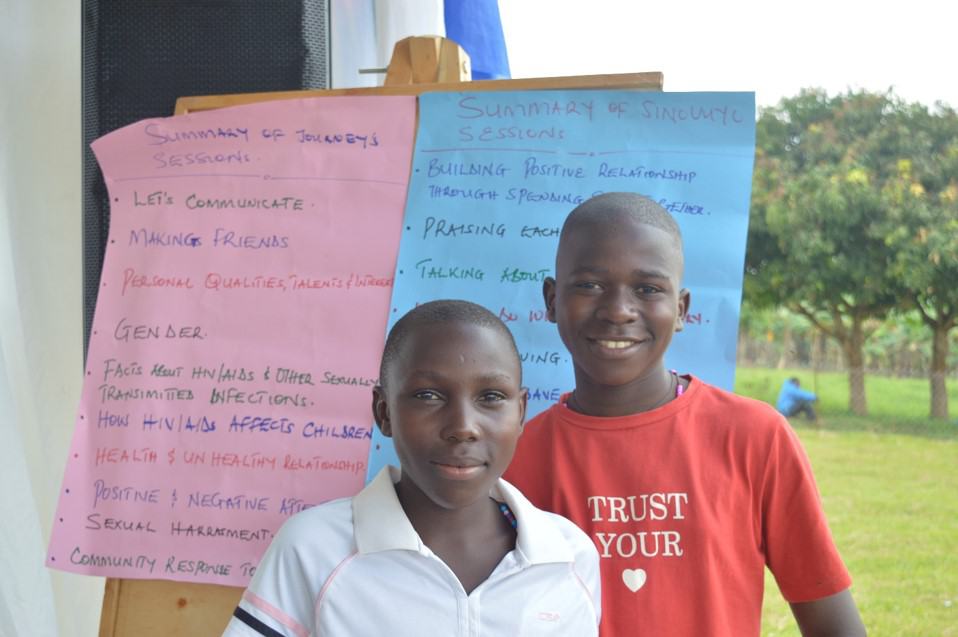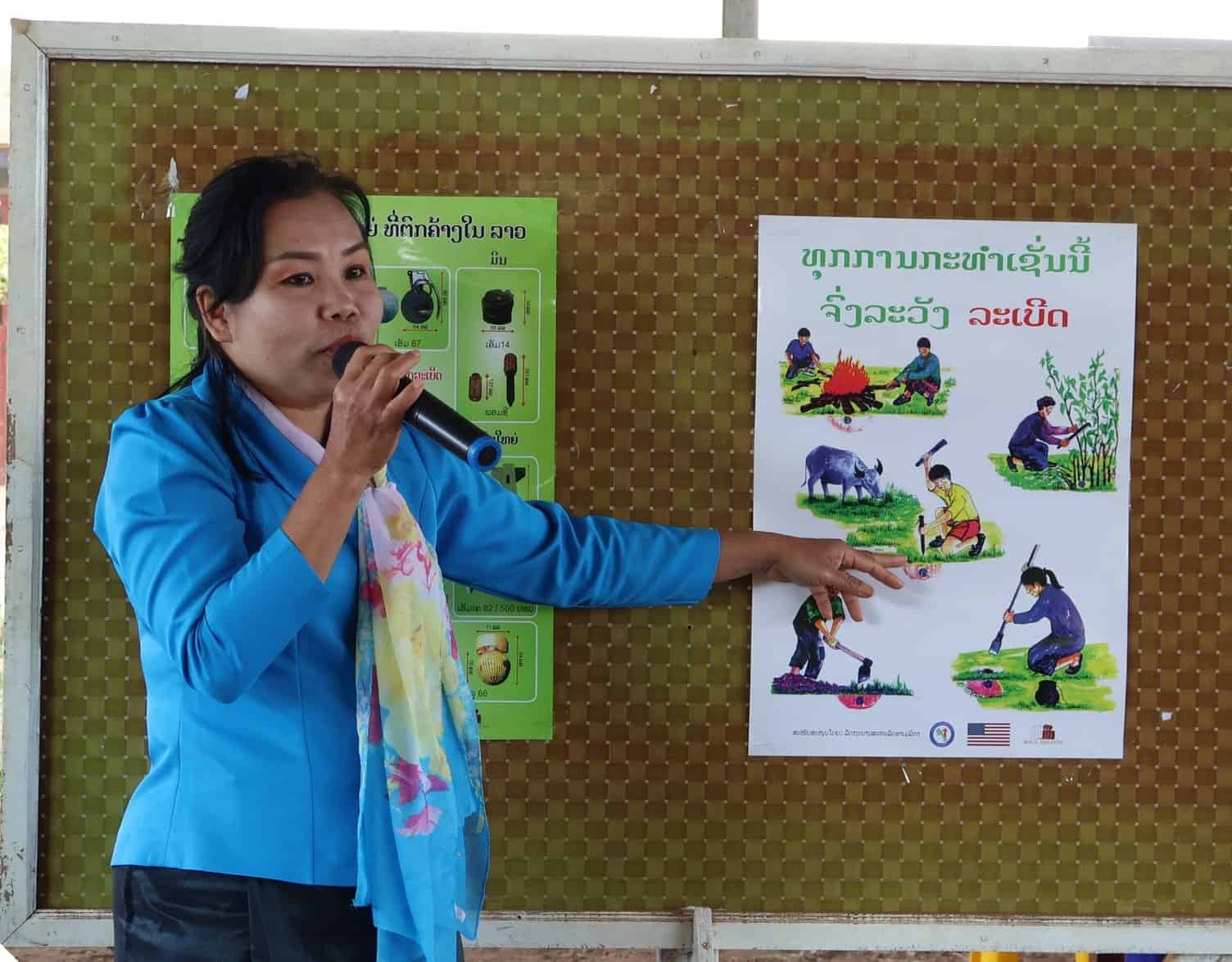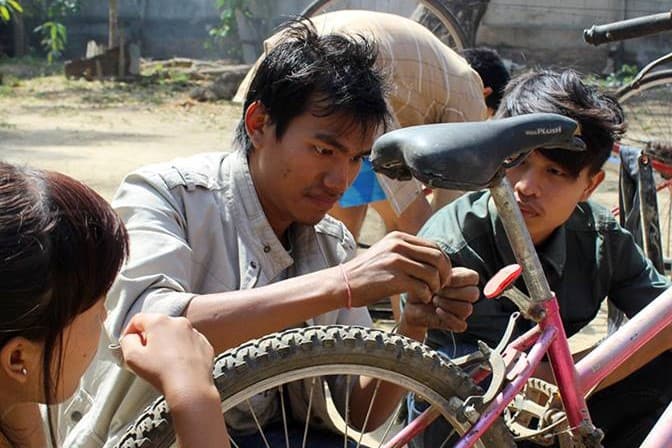Our work in Myanmar began in 2010, building on experience working with refugees and migrants living near the Thai/Myanmar border. Since opening an office in Yangon, we have worked to strengthen services and support for landmine survivors, persons with disabilities, and their families, in partnership with civil society, state, and non-state actors. Simultaneously, our programs help ensure that persons with disabilities have the pathways and skills to advocate for their rights and needs.
We also work closely with the Ministry of Education to strengthen their ability to provide quality education opportunities to all children in Myanmar. This has included partnering with the Department of Alternative Education to establish educational and skill-building opportunities for out-of-school youth, and strengthening the ability of policymakers to use evidence to inform decision-making.
We have a long history working with local ethnic education organizations in Southeastern Myanmar to improve access to quality education. Programs have helped prepare students for national exams that enable enrollment into formal schools, while advocating on behalf of ethnic education and mother tongue-based multilingual education. We have also worked to ensure that teacher training and education within refugee camps and migrant communities was recognized, and helped prepare school systems in Southeast Myanmar for the return of displaced populations.





